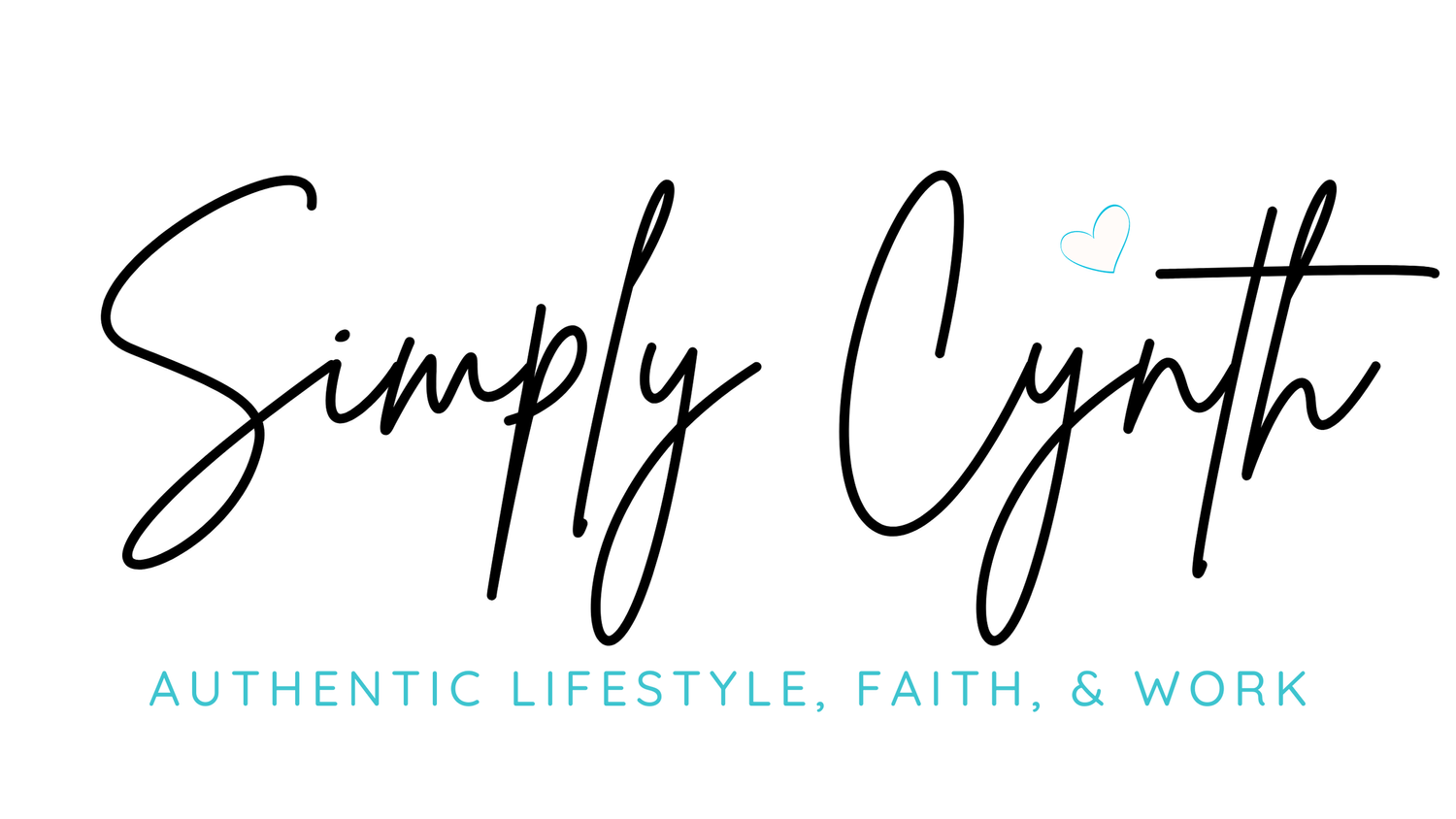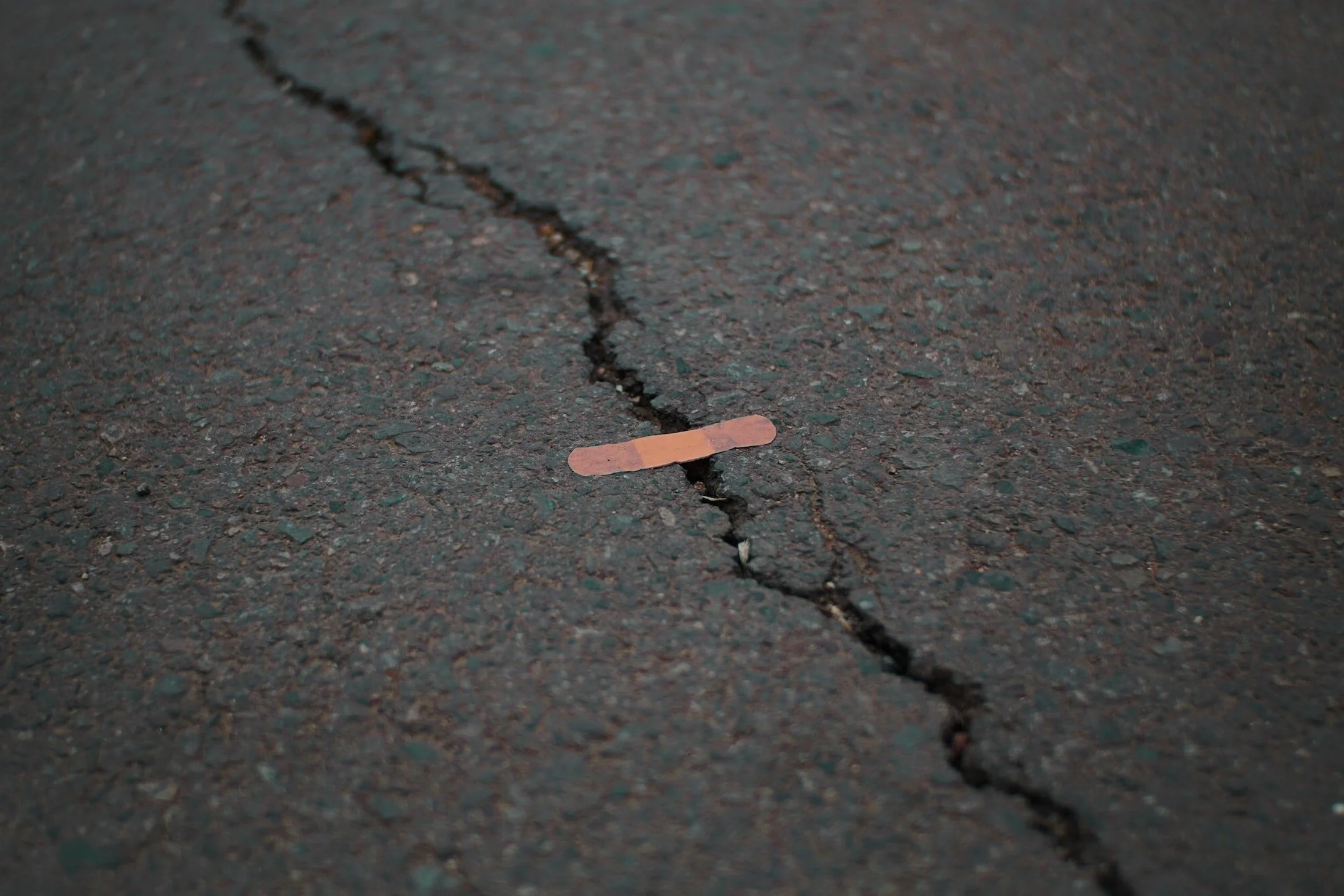"Wilt Thou Be Made Whole?" Why the answer matters
Wilt thou be made whole? Do you want to be healed?
It's not a one-time question Jesus asked the crippled man at the pool of Bethesda (John 5:1-8). This is one of the most important questions Jesus asks us today—you and me.
Why?
Because our answer determines the course of our earthly life as preparation for our eternal one. Healing and salvation are intricately connected. In their fullest sense, one cannot exist without the other.
Healing and salvation aren’t isolated events but a lifestyle. Healing from traumas, distorted thinking, bad habits, and addictions—the very things that keep us in physical, financial, and relational bondage—is how we live out our salvation daily. This practical journey is the essence of “working out your salvation with fear and trembling” (Philippians 2:12-13). It’s not about earning salvation—it’s about what accepting salvation looks like in action.
It can look like:
Cutting up credit cards instead of taking out new ones.
Eating an apple instead of a candy bar.
Saving or wisely investing instead of frivolous spending.
Apologizing instead of doubling down.
Going for a walk or hitting the gym instead of binging Netflix.
Choosing singleness over dysfunctional or superficial relationships.
You don’t even have to be religious to see which choices breed freedom and health, and which ones breed sickness and bondage. A lifestyle of healing and salvation is about living with intention and purpose. It’s about choosing to be proactive rather than reactive, truth over falsehood.
“Fear the Lord and shun evil. This will bring health to your body and nourishment to your bones.” (Proverbs 3:7b-8). Here, fearing the Lord is the spiritual principle, and shunning evil is the practical application of that principle. Combined, they breed health and vitality. We cannot separate the spiritual from the practical and expect to have a complete faith experience. We forget that the spiritual means nothing if it’s isolated in a vacuum.
Yet, we often separate the spiritual from the practical, leading to a fragmented and incomplete faith experience. We compartmentalize spiritual, professional, financial, relational, and physical, and we convince ourselves that only the spiritual matters because it’s the part that gets us to heaven.
But what about the rest? Dysfunctional relationships, financial chaos, unhealthy habits, or being stuck in cycles of addiction and trauma—Have we accepted the idea that chronic dysfunction and sickness are just "a part of life" or God's will, or that chronic struggle makes us holier?
This mindset, what I call “Deified Dysfunction” and “Sanctified Sickness,” glorifies the very struggles Jesus wants to heal us from. We’ve normalized dysfunction to the point where we believe God wants us to remain broke, struggling, or sick. Worse, we’ve convinced ourselves that enduring these things without any real effort to get well makes us more righteous in His eyes.
But this belief is a distortion of God’s truth and His character. We’ve over-spiritualized the spiritual that we forget that the very purpose of the spiritual is that we bear fruit outwardly—to flow out into our hands and feet. Without that outward reflection, our faith is hollow. As James 2:26 says, “Faith without works is dead.”
So, again the question-
Do you want to be healed? Do you really want health, sanity, wholeness in every area of your life? Do you really want these things more than you want the familiarity and comfort of unhealthy but comfortable security blankets? Do you care enough to do what it takes, even if it’s hard and uncomfortable? I don’t think it’s too much of stretch to say that’s another way of asking “do you want to be healed" - do you even care?
If your answer is yes, then healing is possible. It requires humility, surrender, and letting go of the familiar but unhealthy patterns. It’s not an easy process—in fact, it’s one of the hardest things you’ll ever do. And life, even as you heal, will still include pain, loss, and challenges. There is no magic pill for escaping the hardships of this world.
But here’s what I’ve learned...
While you can’t prevent every trial or hardship, you can stop being the cause and keeper of your own suffering. Healing starts when we take responsibility for our choices and do the best we can with what we have right now. If or when we can do more, we do it. When you say, “Yes, I want to be healed” and humbly surrender to the process, you are embracing the salvation that Jesus died to give you, despite any circumstances beyond your control.
This isn’t about achieving perfection. It’s about rejecting the chronic dysfunction and sickness that stems from our own pride and stubbornness. It’s about intentionally aligning our lives with God’s principles to the best of our ability. And when we fail—because we will—we get back up, lean on God’s grace, and keep moving forward.
I’m writing this from the trenches of my own battles against deeply ingrained mindsets and habits that I’m working to overcome. I’m a work in progress, pressing on toward the goal (Philippians 3:12-14). It's excruciating. But by God's grace, I’ve taken meaningful steps in that direction.
And why does healing matter?
Embracing a lifestyle of healing and salvation glorifies God because it accurately reflects His character to others; it showcases the real-world practical benefits of embracing Biblical principles and testifies of His power to fundamentally transform lives. “Even so, let your light shine before men; that they may see your good works, and glorify your Father who is in heaven.” Matthew 15:15. Conversely, to consciously cling to sickness and dysfunction is to reject the very salvation Jesus died to give you and it sends the message that faith has no power and that God doesn’t deliver on His promises.
I’ve long sensed a call to something better—better thinking, better habits, and a deeper relationship with God. I’ve also recognized the spiritual and intellectual complacency that’s become normalized among many professed Christians that keeps them in a state of dysfunction and mediocrity. And I’ve realized that faith that doesn’t address dysfunction misses the point entirely.
Saying yes to Jesus’ question, “Do you want to be healed?” is where the rubber meets the road. It’s the intersection of faith and works, of belief and action. When you accept salvation, your healing begins. And as you heal, you experience salvation more fully from the inside out. That’s the only kind of cycle I want to be caught in - forever.
“Heal me, Lord, and I will be healed; save me and I will be saved...” Jeremiah 17:14. The healing and salvation Jesus offers are thorough and permanent. They begin in this earthly life and culminate in eternity. But we have to want it.
So again He asks…
Do you want to be healed?








